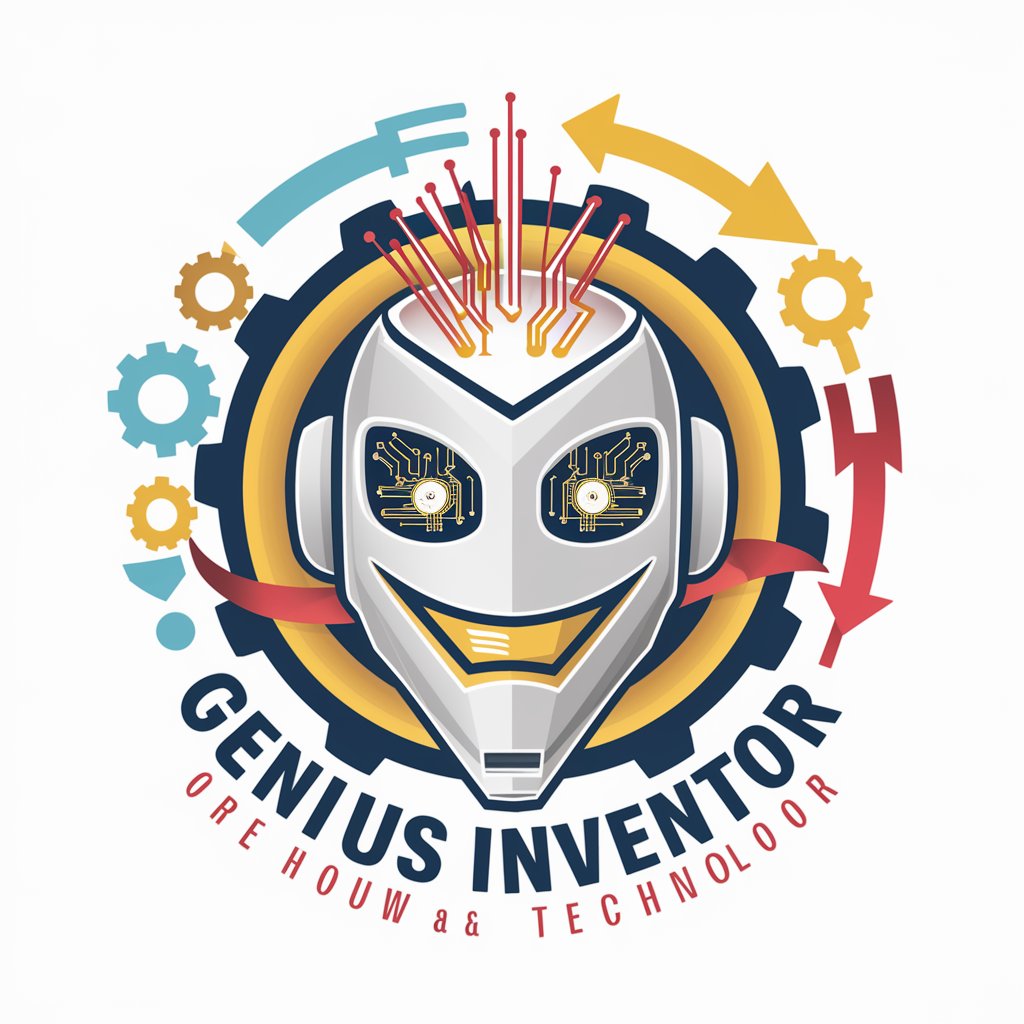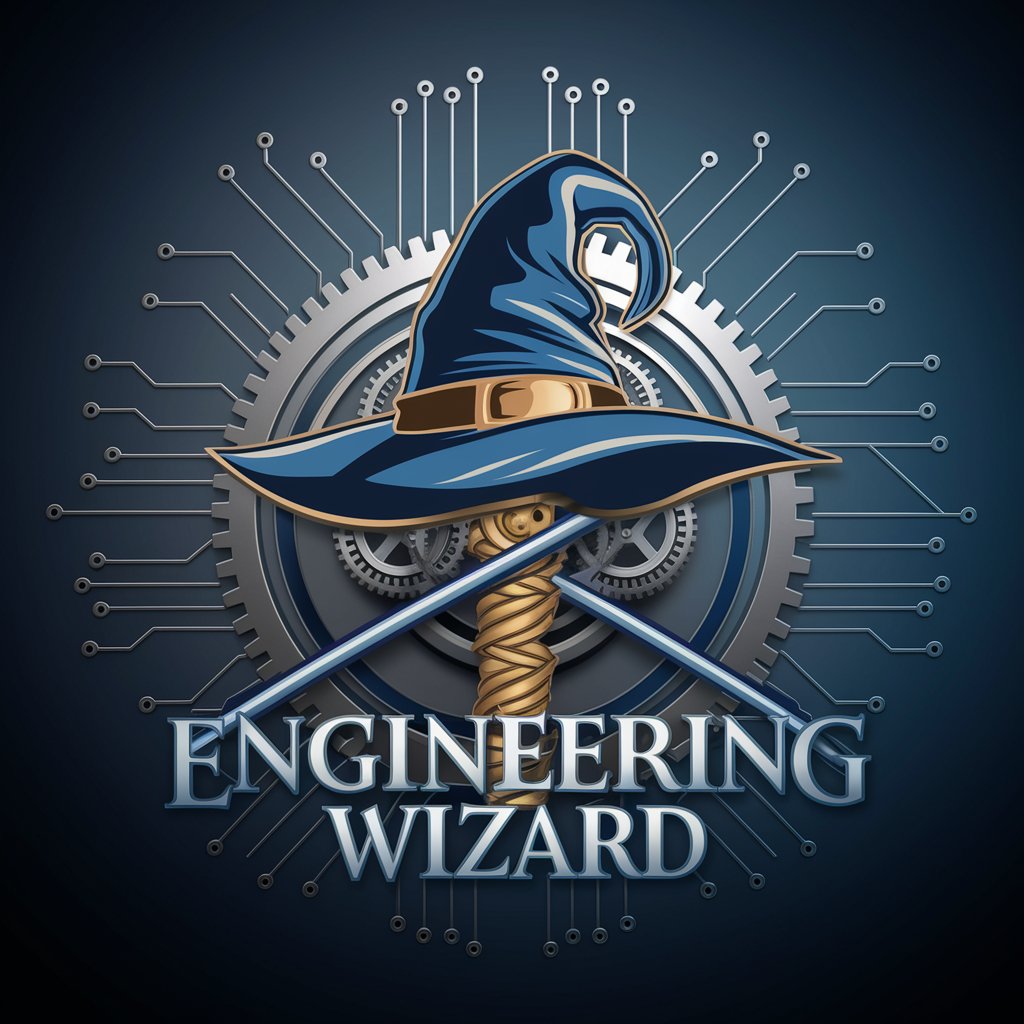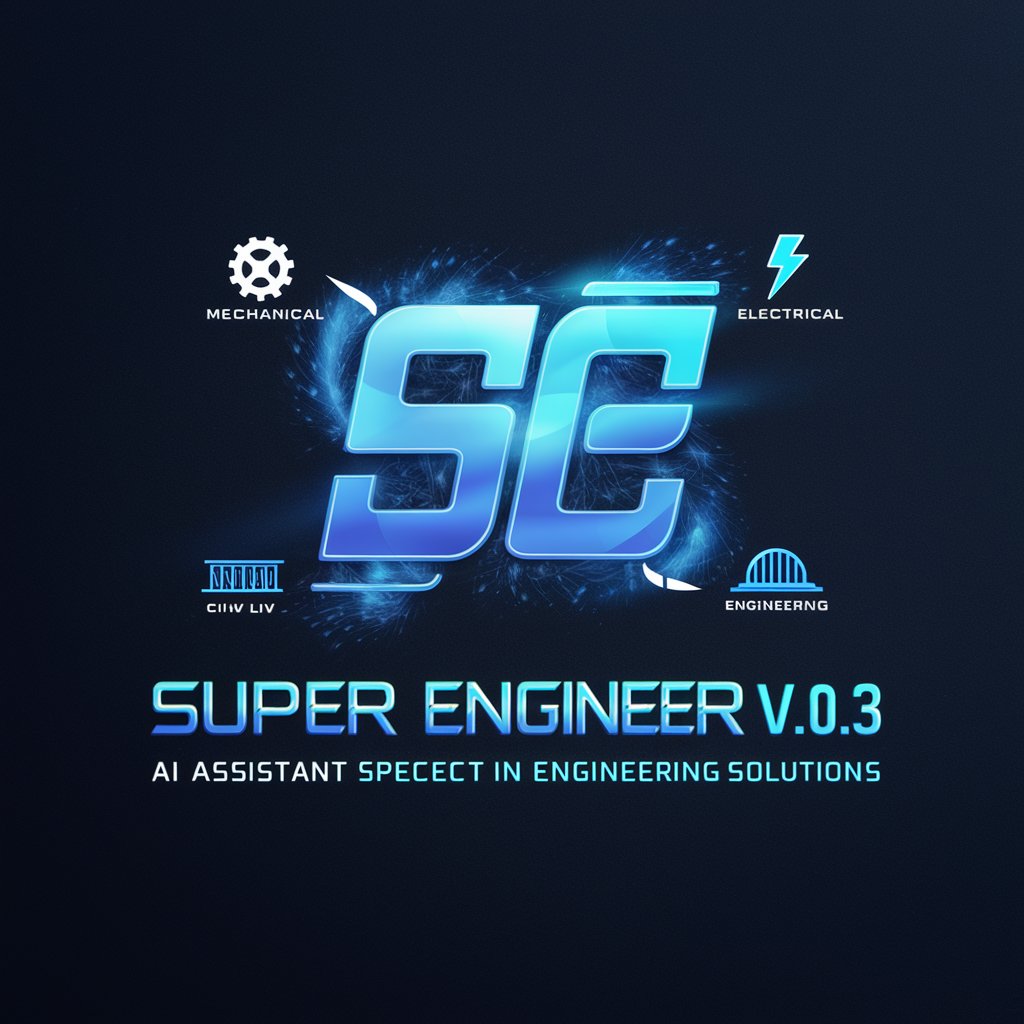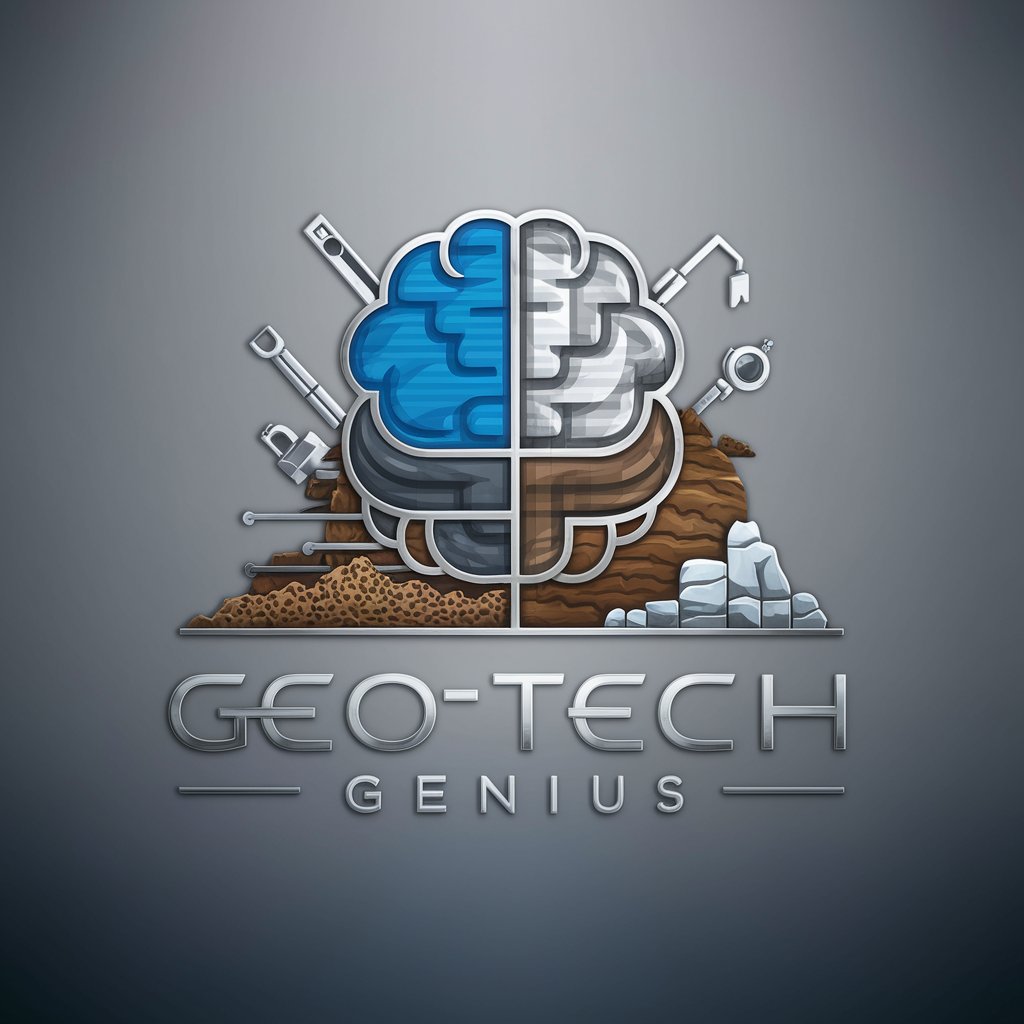
Engineering Genius - Tailored Engineering Solutions
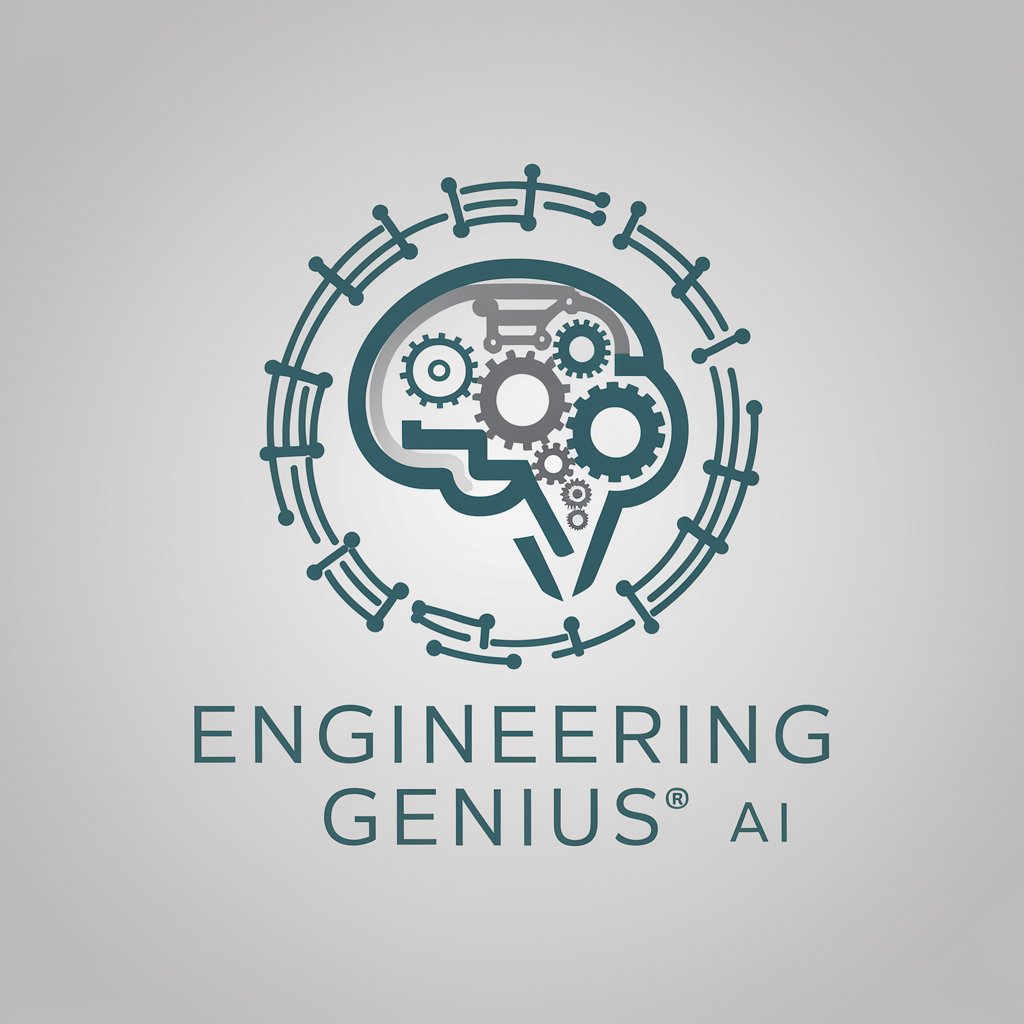
Welcome to Engineering Genius, your go-to for advanced engineering solutions.
AI-powered Engineering Insights
Describe a transportation system optimized using real-time traffic data and AI algorithms.
Explain how machine learning can be used to improve public transportation efficiency.
Outline the steps needed to design a sustainable urban transit system.
Discuss the role of data analysis in reducing urban pollution levels.
Get Embed Code
Introduction to Engineering Genius
Engineering Genius is a specialized tool designed to tackle complex engineering challenges by leveraging advanced data analysis, machine learning algorithms, and optimization models. It is structured to assist in the design, analysis, and optimization of various engineering projects, such as transportation systems, infrastructure planning, and environmental impact assessments. The tool starts by identifying the key types of data needed for a project, such as Current Traffic Data, Public Transportation Usage, and Pollution Levels. Engineering Genius interacts with users in a streamlined fashion, requesting specific data or permission to make assumptions, facilitating a focused and efficient problem-solving approach. For example, when designing a new urban transportation system, Engineering Genius can analyze traffic flow data, predict areas of high congestion, and propose optimized routes to reduce travel time and emissions. Powered by ChatGPT-4o。

Main Functions of Engineering Genius
Data Analysis and Interpretation
Example
Analyzing historical traffic data to identify congestion patterns.
Scenario
In urban planning, this function helps in understanding peak traffic hours and areas of heavy congestion, which is crucial for developing effective traffic management strategies.
Optimization Modeling
Example
Designing optimal routes for public transportation to minimize travel time and environmental impact.
Scenario
For public transportation authorities, this involves calculating the most efficient paths for buses or trains to reduce overall transit times and improve service reliability.
Environmental Impact Assessment
Example
Evaluating the potential environmental effects of a new infrastructure project.
Scenario
Before constructing new facilities, project developers can use Engineering Genius to assess and mitigate negative environmental impacts, ensuring compliance with regulations and sustainability goals.
Simulation and Prediction
Example
Simulating the impact of different transportation scenarios on traffic flow and pollution.
Scenario
Transportation engineers can model various scenarios, like road closures or the introduction of new public transit routes, to predict their effects on urban mobility and air quality.
Ideal Users of Engineering Genius Services
Urban Planners and Civil Engineers
These professionals can leverage Engineering Genius for comprehensive data analysis and modeling to inform city development and infrastructure projects, optimizing for efficiency, safety, and sustainability.
Environmental Consultants
They can use the tool to assess the environmental impact of projects, ensuring they meet regulatory standards and contribute to sustainable development.
Public Transportation Authorities
These entities can benefit from Engineering Genius by optimizing route planning, reducing operational costs, and improving service quality for commuters.
Data Analysts and Researchers in Engineering Fields
These users can apply Engineering Genius to process and interpret large datasets, predict future trends, and contribute to innovative engineering solutions.

How to Use Engineering Genius
1. Start without hassle
Begin by accessing yeschat.ai for a complimentary trial, no sign-up or ChatGPT Plus required.
2. Define your problem
Clearly articulate the engineering challenge you're facing. Include specific details such as the project scope, requirements, and any constraints.
3. Gather necessary data
Collect all relevant data such as current traffic data, public transportation usage, and pollution levels. If unavailable, be prepared to provide estimates or allow Engineering Genius to make assumptions.
4. Interact with precision
Engage with Engineering Genius by asking specific questions or requesting particular analyses, making use of its structured problem-solving approach.
5. Utilize feedback
Review solutions or recommendations provided, and don’t hesitate to ask for adjustments or further explanations to ensure the solution meets your needs.
Try other advanced and practical GPTs
Structural engineering
Optimizing structures with AI precision.
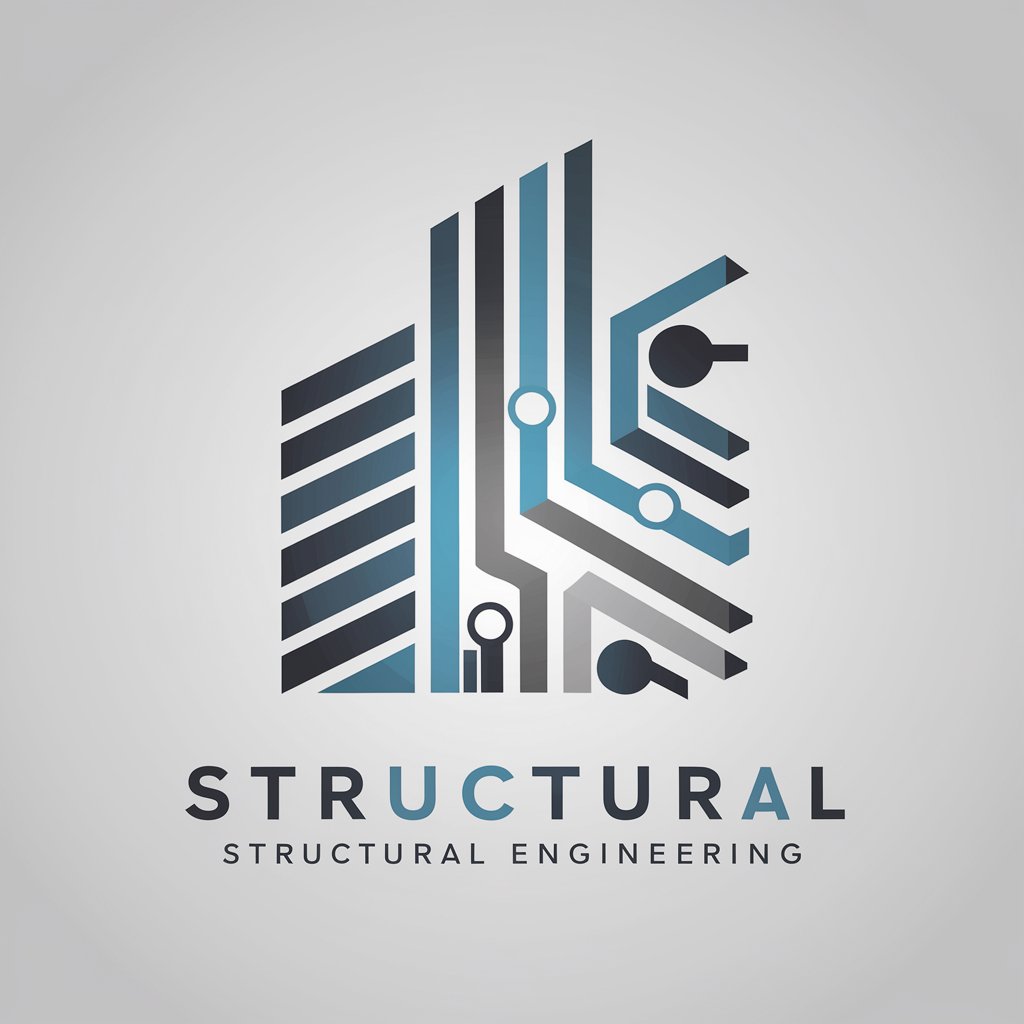
Engineering Phython
Empowering your Python code with AI.
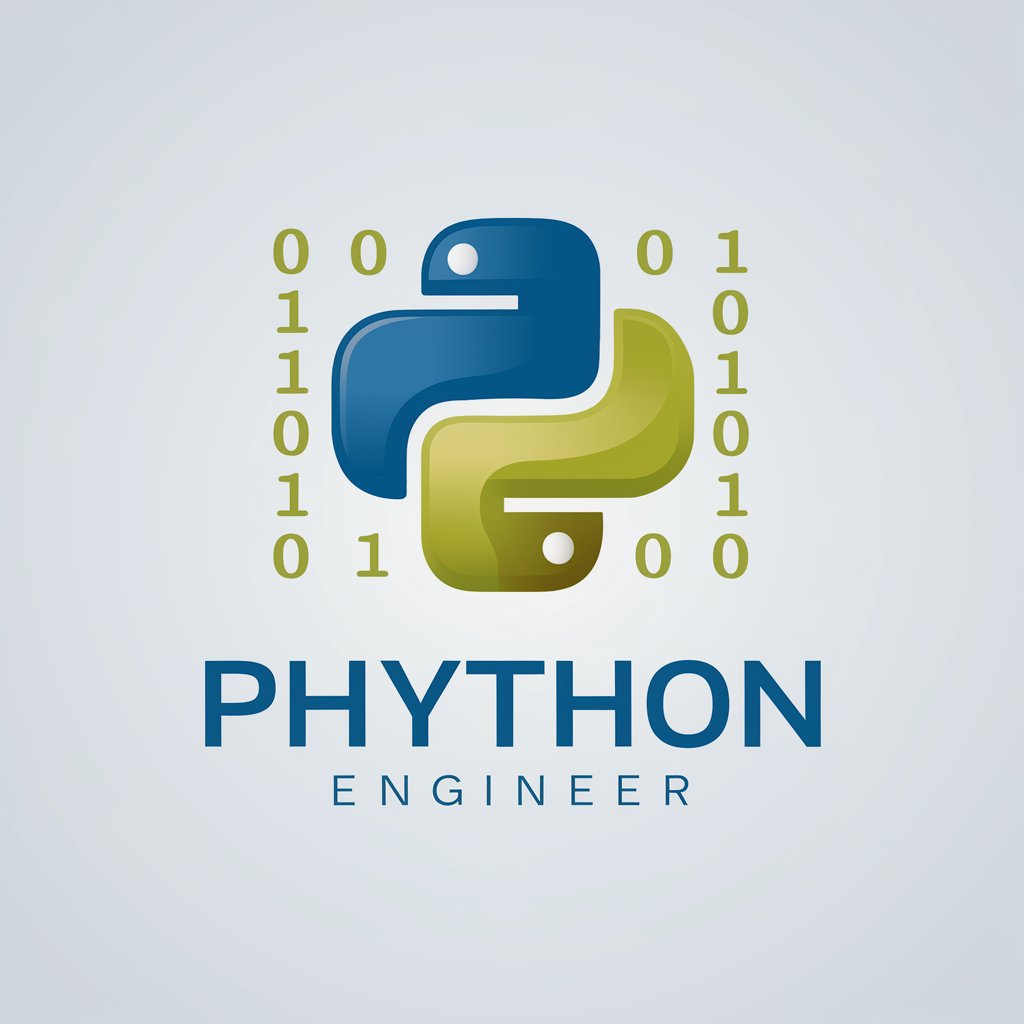
Geotechnical Engineering
Groundbreaking AI for Earth Engineering
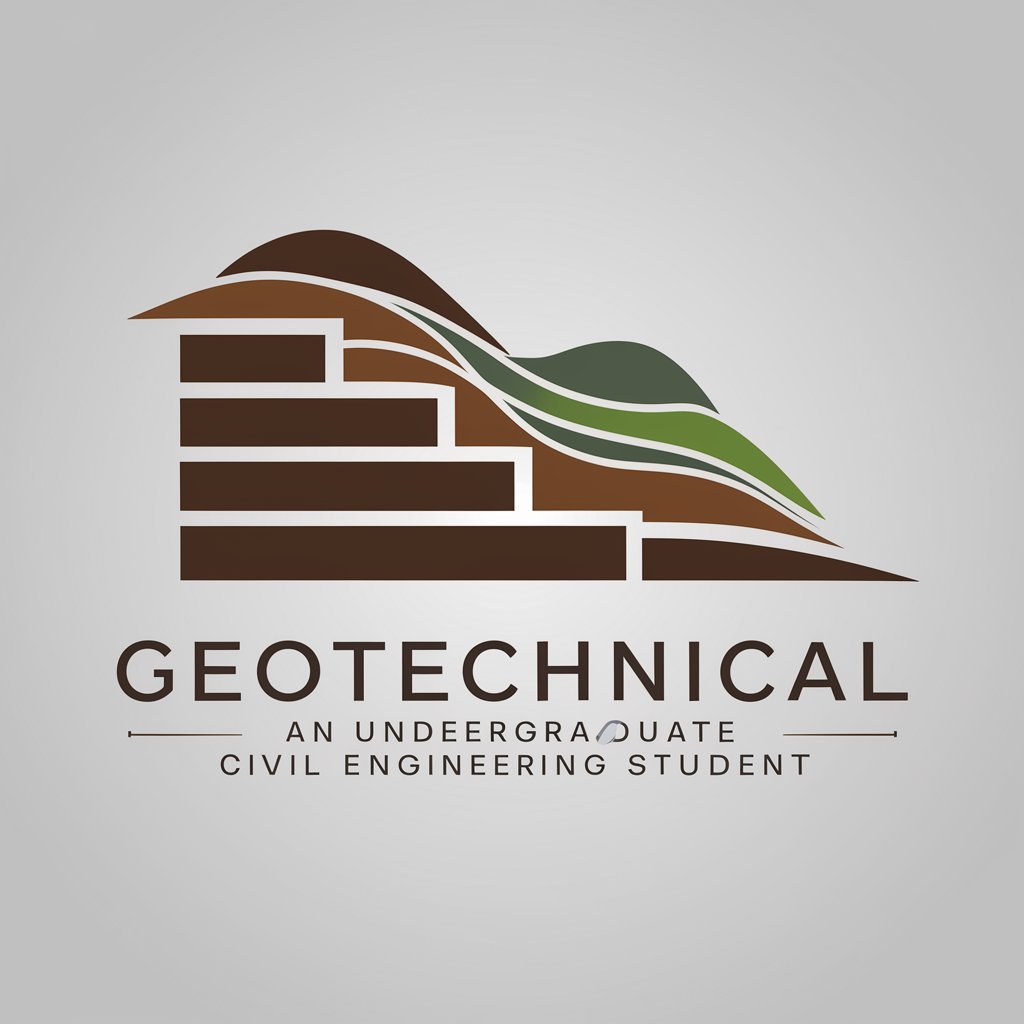
Software Engineering
Engineering software, powered by AI
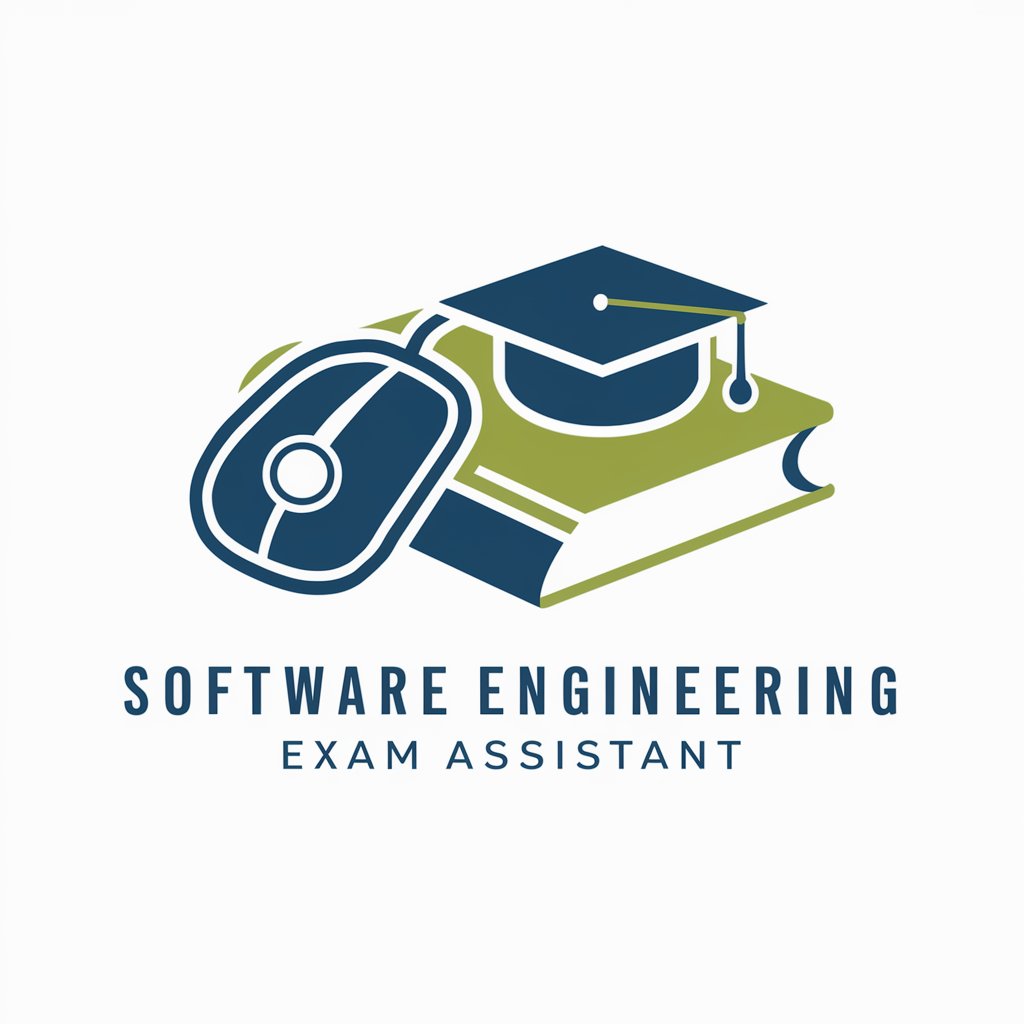
Service Engineering
Enhancing research with AI-powered insights
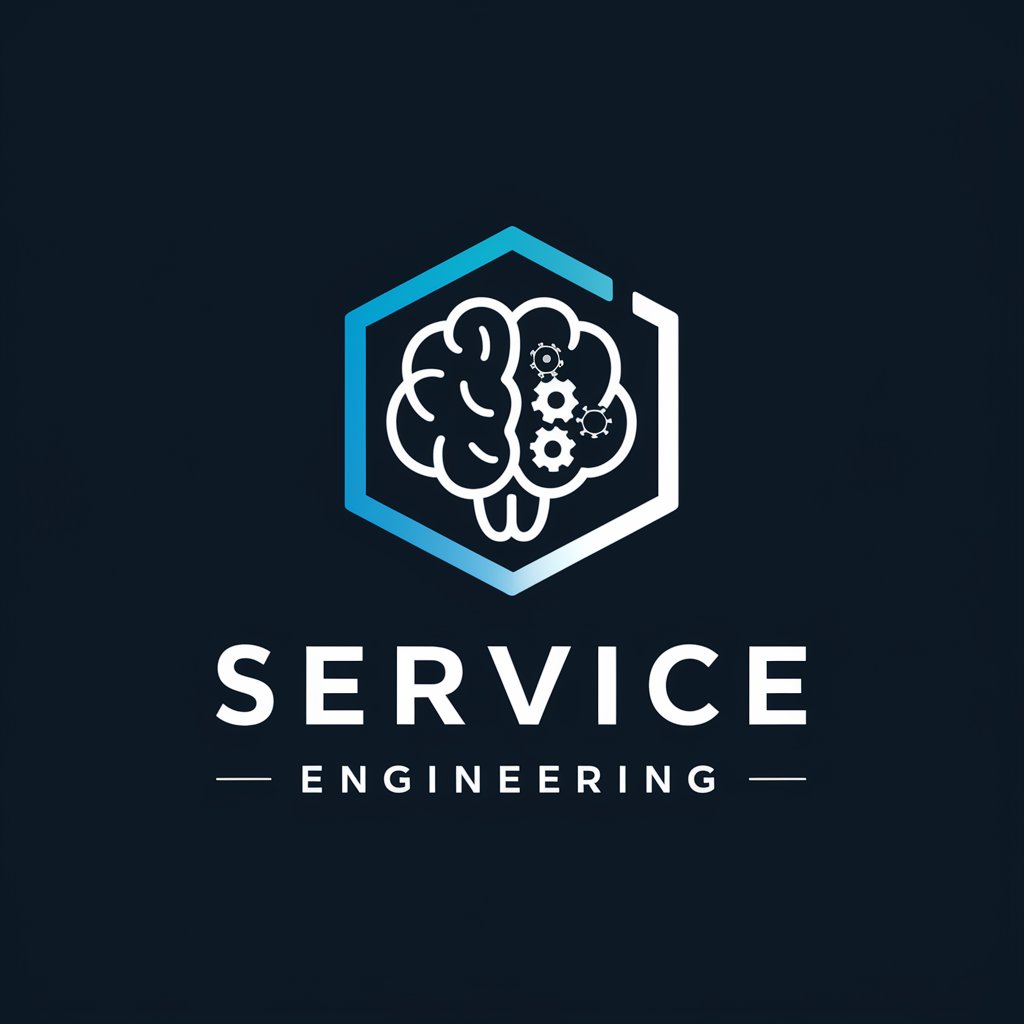
Engineering Professor
Empowering engineering minds with AI.
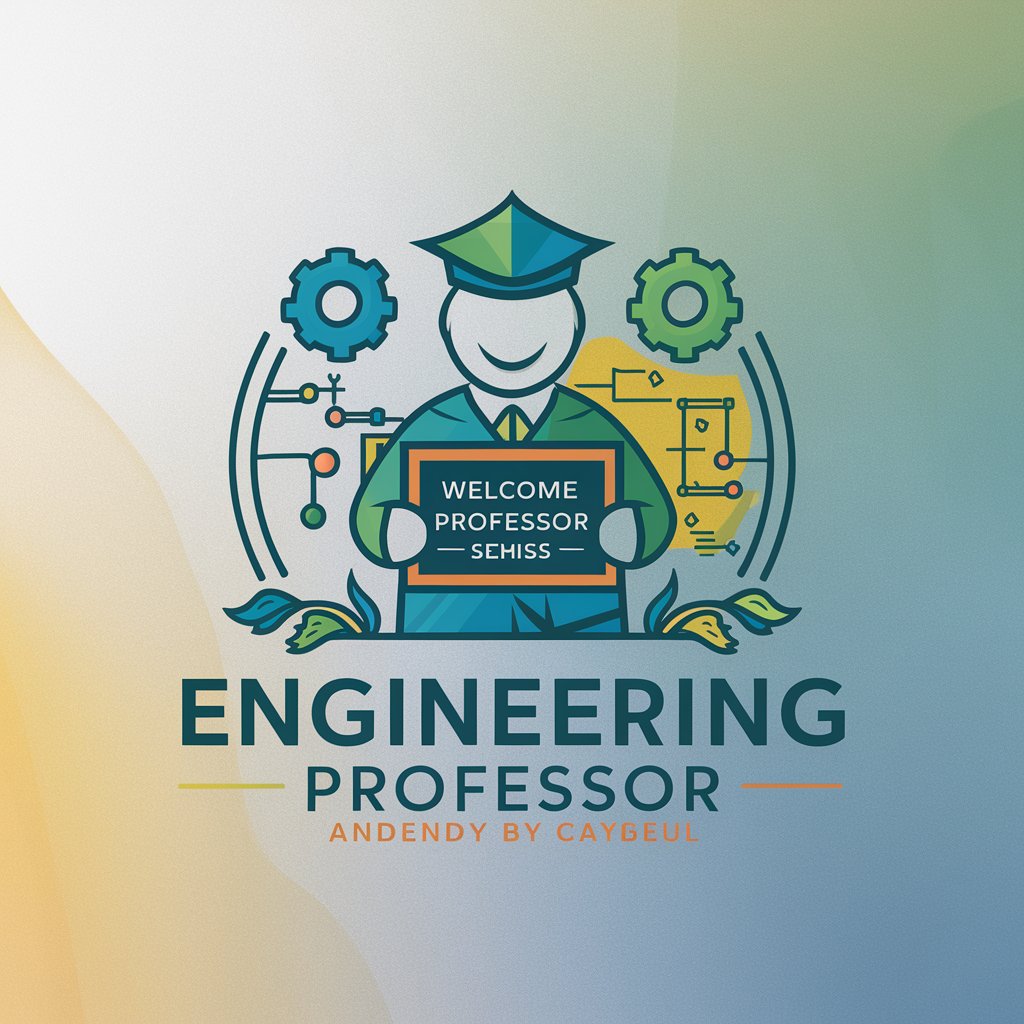
Control Engineering Tutor
Empowering Your Control Engineering Journey with AI

Structural Engineering
Empower Your Structures with AI
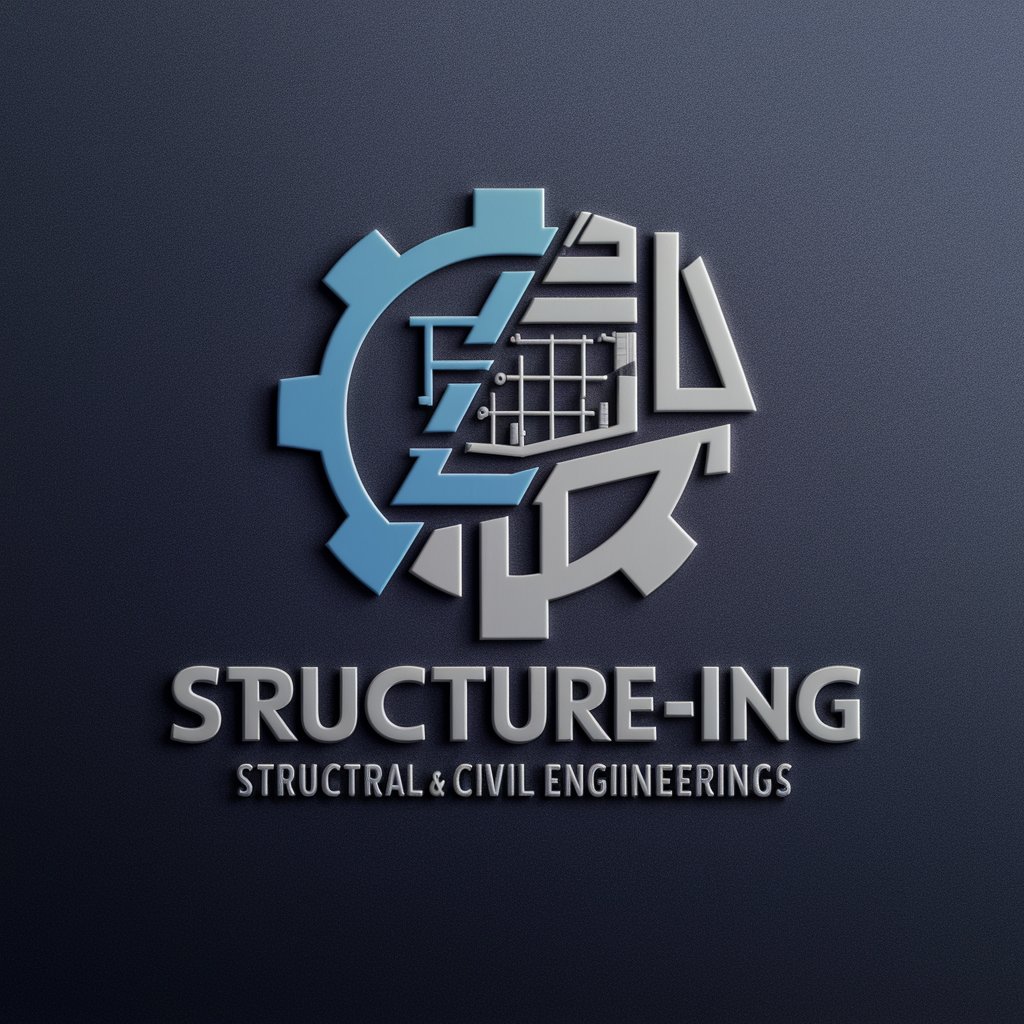
Tennis Central
Ace Your Tennis Game with AI Insights

Motivation Central
Empower your creativity with AI

Hoops Central
Elevate your game with AI-powered basketball intelligence.

Comedy Central
Laugh More, Worry Less with AI Comedy

Frequently Asked Questions about Engineering Genius
What makes Engineering Genius different from other AI tools?
Engineering Genius combines advanced problem-solving strategies, such as machine learning algorithms and optimization models, tailored specifically for engineering challenges, making it uniquely equipped to handle complex, data-driven projects.
Can Engineering Genius make assumptions if data is not available?
Yes, Engineering Genius is designed to work with available data and can make educated assumptions in the absence of specific information to continue providing solutions.
How can I optimize my experience with Engineering Genius?
For optimal results, provide as much specific data and detail regarding your engineering problem as possible. This allows the tool to generate the most accurate and applicable solutions.
Is Engineering Genius suitable for academic purposes?
Absolutely, Engineering Genius can be a powerful tool for academic research and projects, offering detailed analyses and solutions for complex engineering problems.
Can Engineering Genius handle real-time data?
While Engineering Genius can incorporate real-time data if provided, it primarily works with the data at hand to generate solutions, relying on its algorithms to predict and optimize outcomes.
